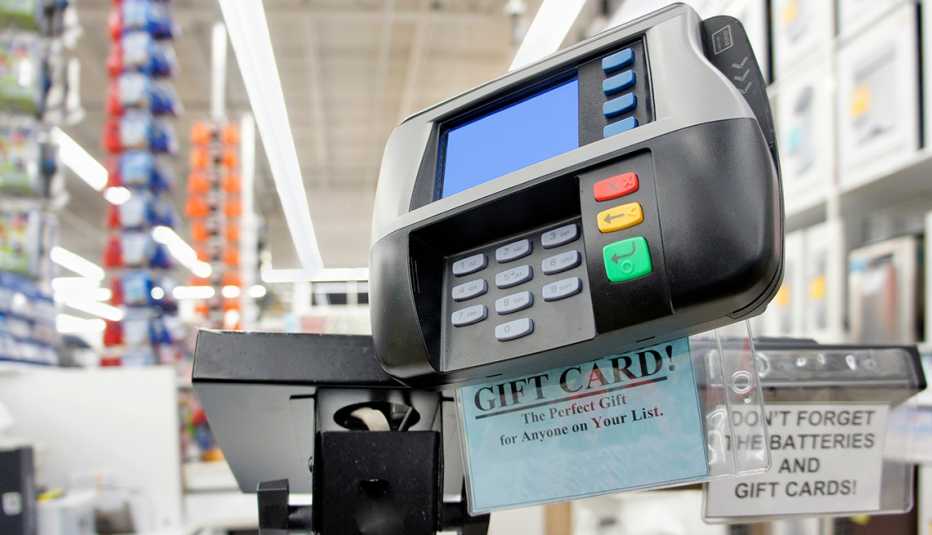AARP Hearing Center
Gift cards are a popular, one-size-fits-all present — but nobody hankers after them more than criminals. Using a variety of ruses, criminals persuade people to buy the cards and turn over their redemption codes, giving the crooks instant access to the cards’ value.
Still, nearly 1 in 4 people in an AARP-sponsored survey answered this true-or-false question incorrectly: “It is always a scam when someone directs you to pay a debt or other obligation with a gift card such as an eBay, Google Play or retail store gift card."
The correct answer is true, though 24 percent of the respondents in the national survey either gave the wrong answer or weren't sure. A strong majority, 76 percent, got it right.
More than $300 million lost in three years
Gift cards and reload cards are among the top methods used by victims to send funds to fraudsters, the Federal Trade Commission (FTC), a consumer protection agency, reports. Crooks got their greedy hands on about $305 million in gift and reload cards during the three years ending in 2020, the FTC says.





































































